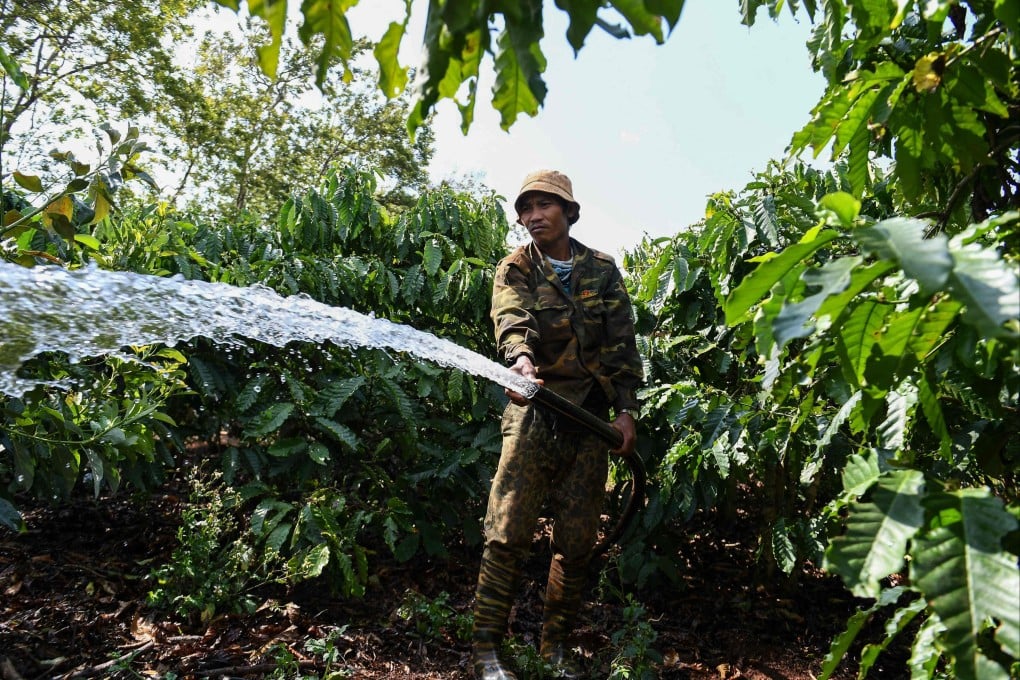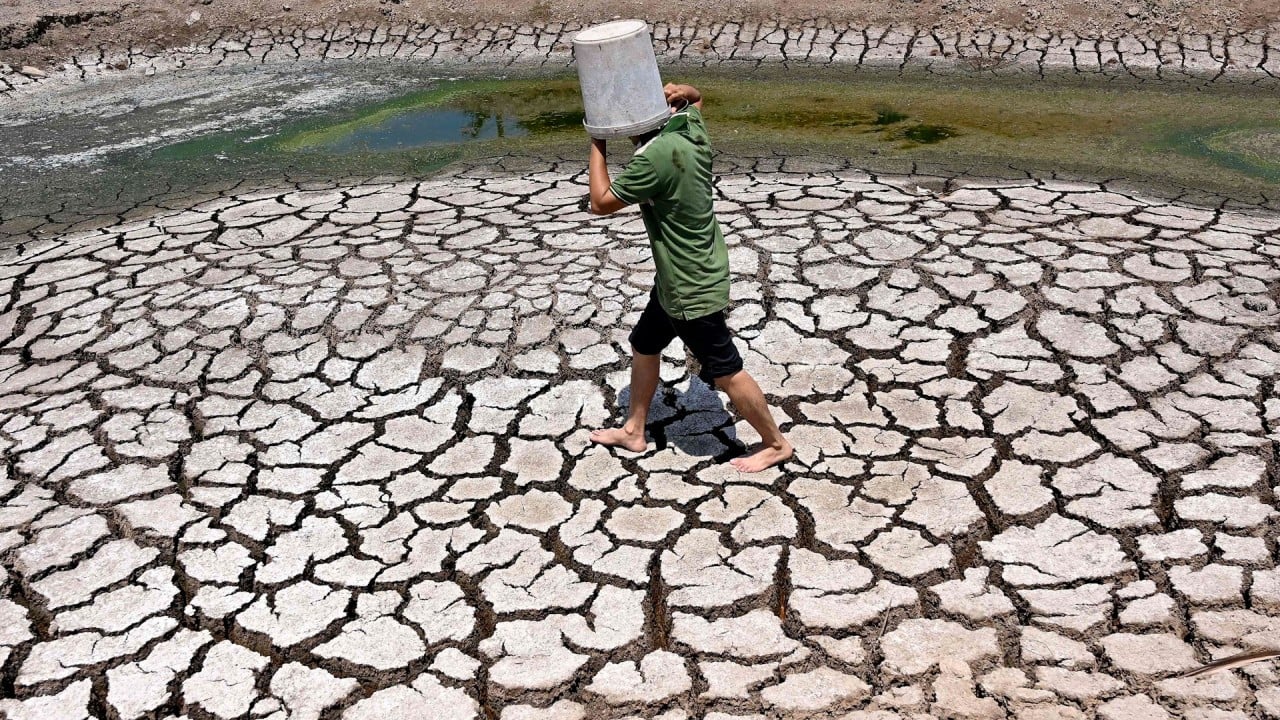Opinion | Climate change threat is more than a storm in Vietnam’s coffee cup
- From Brazil and Colombia to Indonesia and Vietnam, coffee crops over the last decade have been hit by adverse weather and climate-related disease
- Supply is increasingly unstable and shrinking, even as the land suitable for cultivation is fast disappearing

Trouble is brewing for drinkers of coffee, one of the world’s most traded commodities, as climate change affects farmers, reshaping production patterns.
Coffee plays a sizeable role in Vietnam’s economy, bringing in over 10 per cent of its revenues from agricultural exports and 3 per cent of its gross domestic product. Last year, Vietnam exported 1.61 million tonnes of coffee, earning a record high of US$4.18 billion.
While Europe dominates the more lucrative market for processed coffee (such as instant coffee), the low value-added market for unprocessed coffee (such as raw beans) is dependent on poorer countries – along with Vietnam, Brazil, Colombia, Indonesia and Ethiopia are responsible for 70 per cent of this sector.
For these Global South growers, coffee exports are an important source of revenue.


